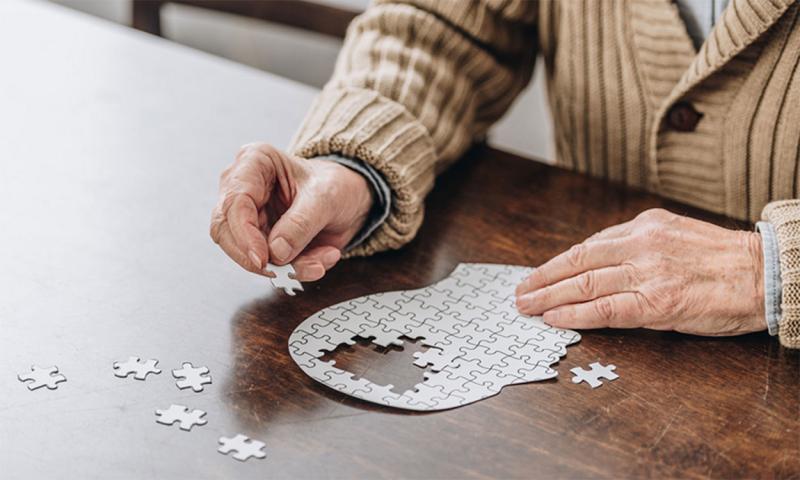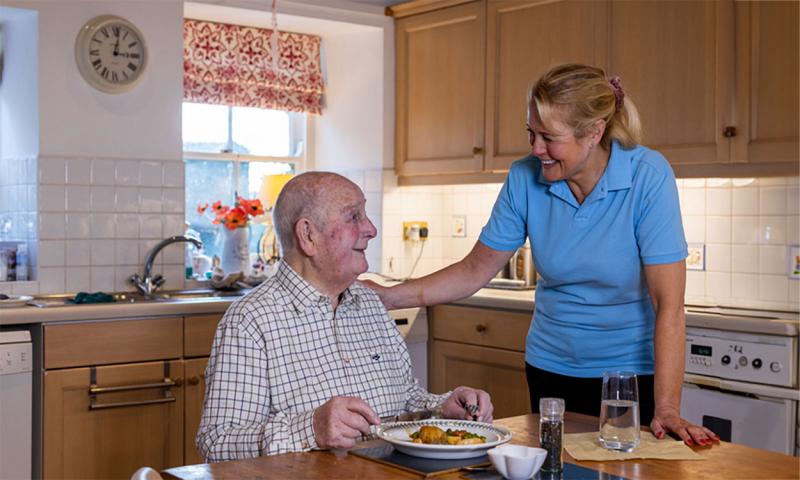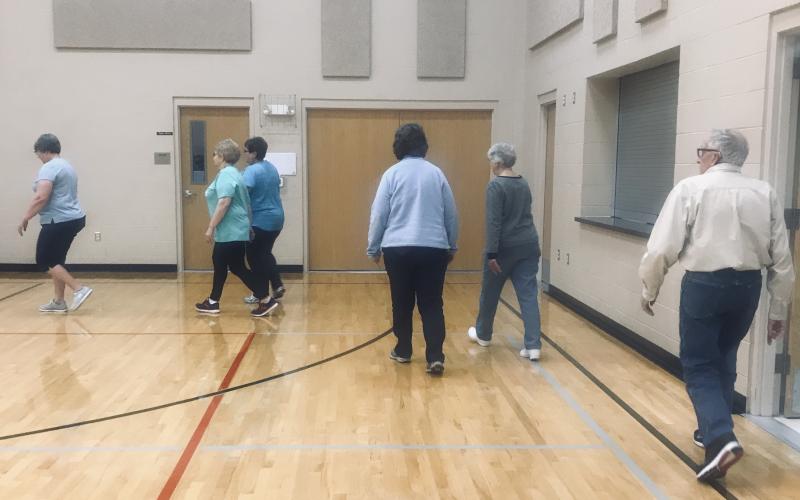
Written collaboratively by Gemma Bastian, Leacey Brown, and Allison Duerre, SDSU Dietetic Intern.
What is dementia?
People with dementia have difficulty remembering, thinking, and making decisions, which interferes with their activities. Dementia is not a specific disease, but many diseases, such as Alzheimer’s disease, can cause dementia. Dementia mostly affects adults ages 65 and older. It is projected to affect nearly 14 million people in the United States by the year 2060. Dementia is not a normal part of aging. Many forms of dementia, like Alzheimer's disease, have no known cure. But there are many lifestyle changes that can be made to manage symptoms or reduce your risk of developing dementia.
Can the foods I eat prevent or slow dementia?
Research has suggested that what we eat affects our brain’s ability to think and remember as we get older. Following certain eating patterns may reduce the risk of developing dementia, but researchers are still trying to understand how the nutrients in our foods impact our brain health.
Mediterranean Diet
One diet that has been suggested to boost our brain health is the Mediterranean diet, which emphasizes plant-based foods and healthy fats, while limiting intake of processed foods, added sugars, and saturated fats. The general guidelines of the diet are as follows:
Have lots of these:
- Fruits and vegetables
- Nuts and seeds
- Beans and lentils
- Whole grains
- Extra virgin olive oil and other healthy fats
- Herbs and spices
Have some of these:
- Fish and seafood, especially those high in omega-3 fats
- Dairy foods
- Poultry and eggs
- Red wine with meals (but if you if you don’t drink alcohol, there is no need to start)
Have these sparingly:
- Red meat
- Butter
- Sugary beverages
- Refined grains
- Processed foods
- Salt
MIND Diet
Another diet for brain health is the MIND Diet, or the "Mediterranean-DASH Intervention for Neurogenerative Delay.” It is like the Mediterranean diet, but it focuses on some foods shown by research to improve brain function, like dark, leafy green vegetables and berries.
Don’t be discouraged if you can’t follow the Mediterranean or MIND diets 100%. Even making healthy diet swaps, such as cutting back on sugary beverages or eating more fruits and vegetables, can go a long way to prevent chronic diseases, including dementia.
How can I help my loved one with dementia eat well?

Dementia can affect many areas of life, including eating and maintaining proper nutrition. If you are caring for a loved one with dementia, consider the following tips to help them eat well.
- Limit distractions and stress during meals. Loud noises, movement, or watching TV during meals can distract your loved one from eating. Extra stress can agitate your loved one and also make it so they do not eat enough during meals. Do your best to make mealtimes quiet and peaceful with few distractions. If your loved one gets agitated, try to calm them down. Do not try to force them to eat if they are agitated.
- Give their meals extra attention. Don’t serve food that is too hot, as your loved one may forget to wait for it to cool down. Cut food into pieces that they can handle, or serve finger foods. Choose foods that are easy to chew, as many people with dementia have difficulty chewing and swallowing foods.
- Offer food throughout the day. People with dementia often struggle to eat enough at meals. They may also not remember when the last time they ate was, or even what time of day it is. So, offer food several times throughout the day. Adults with dementia who “graze” are more likely to maintain proper nutrition through their diet.
- Make the most of the person’s abilities. If your loved one can still feed themselves, let them! Maintaining independence is important for people struggling with chronic illness. Use modifications if necessary. For example, you may want to use bowls and plates with rims that prevent spilling. Also, using a spoon or their hands may be easier than a fork.
- It’s okay to be messy! Your loved one may not have the same dexterity they had before their illness. So, accidents may happen. Using lids and straws with drinks can limit the mess made by drinking. A shirt cover can be used when eating to keep clothing clean. Remember that a mess can always be cleaned up. It’s more important that they are eating.


